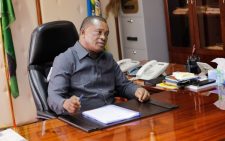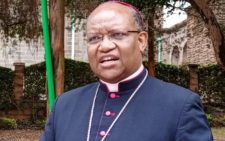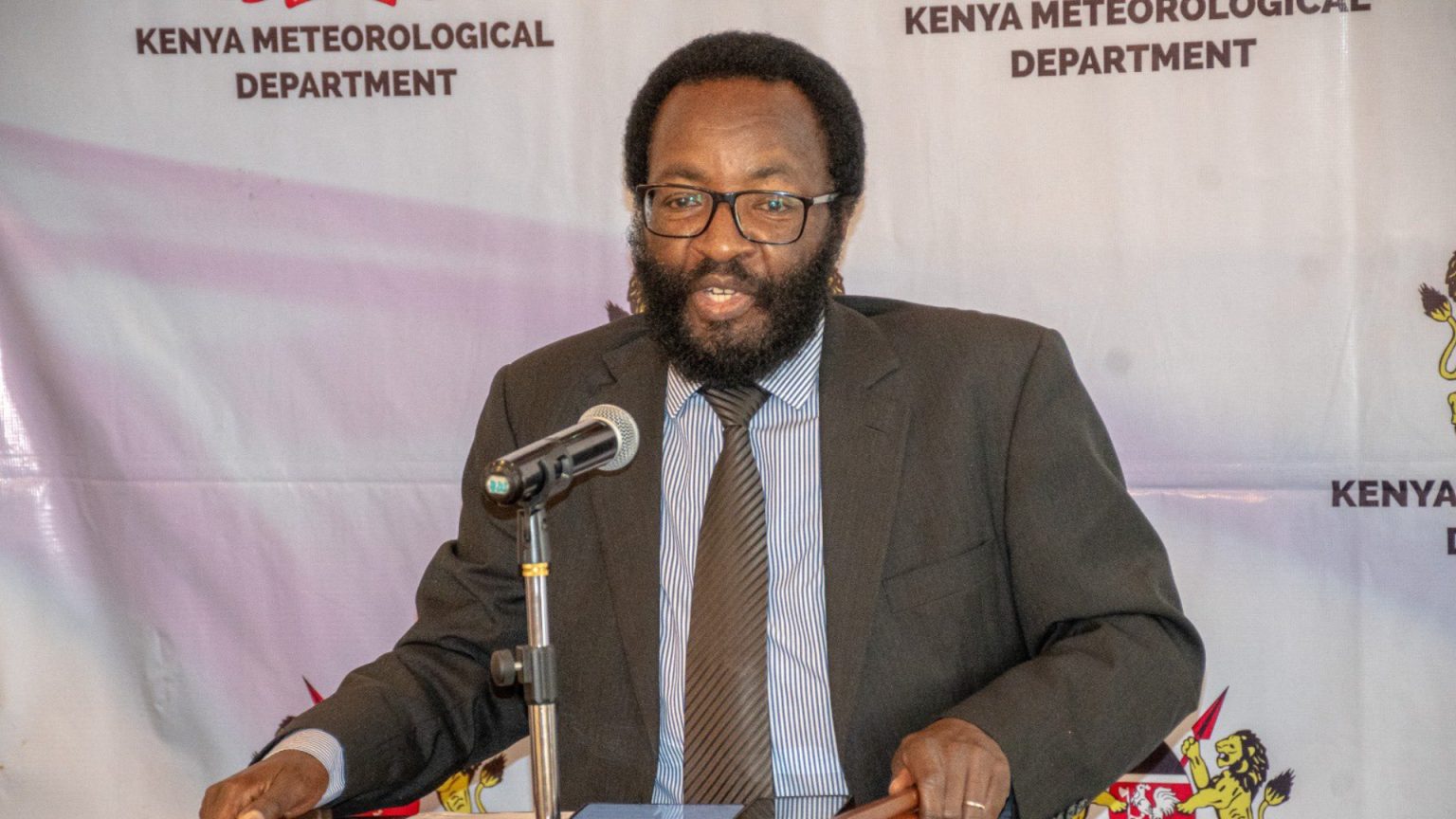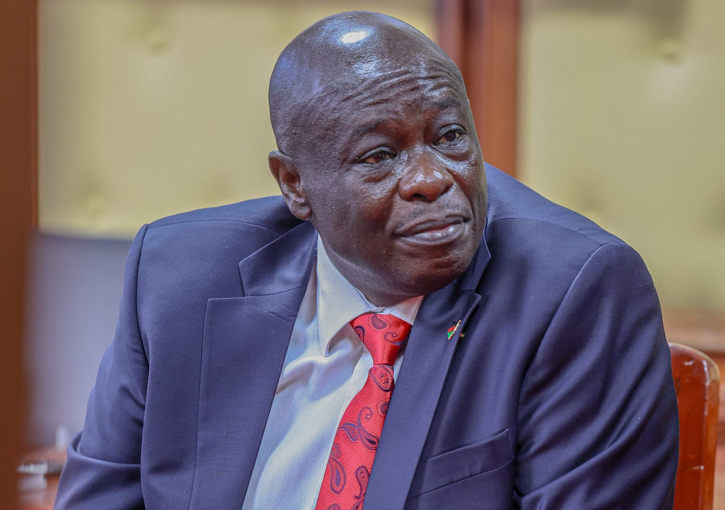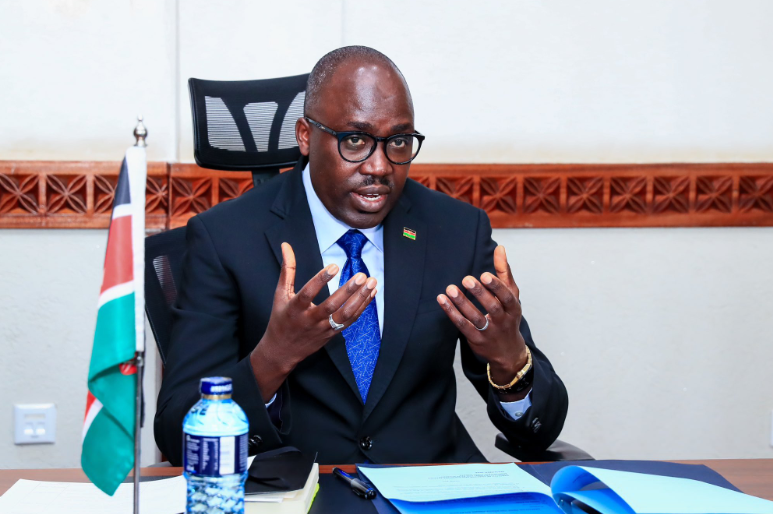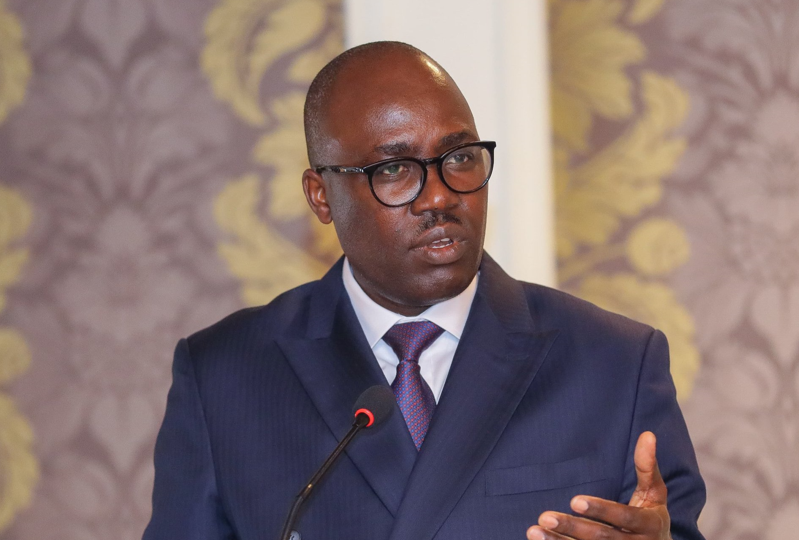How Raila and Ruto camps will safeguard votes in August elections
After months of intense campaigns and preparations, Kenyans will on August 9, 2022, go to the polls to elect the country’s new leadership.
22. 1 million registered voters are expected to participate in the exercise, according to the latest statistics from Independent Electoral and Boundaries Commission (IEBC).
Even though the focus is mostly on the hotly contested presidential race, voters will elect new leaders for five other positions including Governor, Senator, Member of Parliament, Woman Representative and Member of County Assembly (MCA).

There are two main coalitions in the 2022 polls, Raila Odinga’s Azimio One Kenya coalition and Deputy President William Ruto’s Kenya Kwanza alliance.
Both Raila and Ruto are on a charm offensive to succeed President Uhuru Kenyatta of the Jubilee party, who is set to exit the high office after completing his two 5-year terms, as stipulated in the constitution.
The Head of State, however, remains centre-stage in the polls slated for Tuesday having endorsed Raila’s bid for the top seat, amid protests from his estranged deputy, Ruto.
Ruto and his men in the Kenya Kwanza alliance claim the President is hell-bent on using state machinery to help Raila ascend to power irregularly.

Similarly, the Azimio team has also accused Ruto of a plot to rig the August polls, using purported allies in the electoral body.
The net effect of the accusations has been mistrust on the part of IEBC and the two leading political camps, especially in the presidential contest that has also attracted two other candidates including George Wajackoyah of the Roots party and David Mwaure Waihiga of Agano party, who rank lowly in recent opinion polls.
To safeguard their votes in the forthcoming polls, both Azimio and Kenya Kwanza coalitions have put in place several measures to ensure IEBC delivers free, fair and credible elections.
Polls agents to guard votes
The political camps plan to deploy election agents to all 46,000 polling stations gazette by the electoral body.
The agents will be tasked with following the voting, counting and tallying processes to ensure that the numbers from the polling stations conform with results that will be forwarded to the national tallying centre.
“We will deploy our agents as required by law to every polling station, 46,000 stations, we have resources. We have mechanisms to monitor the elections, we have a tallying centre. Once the election is done and we have won, this country will be peaceful and in the most unlikely event that we lose, this country will remain peaceful because we are ready to accept results,” Elgeyo Marakwet Senator and vocal Ruto ally Kipchumba Murkomen said in a recent interview on Citizen TV.
Parallel tallying centres
The coalitions have also maintained that they will hold parallel tallying centres as soon as IEBC starts declaring results at the polling station level.
Ruto in March confirmed that the Kenya Kwanza alliance will deploy a parallel tallying centre to keep in check the process of transmitting the results.
“My votes cannot be stolen. I am not the type they can steal votes from. It is not possible,” Ruto said during his tour of the United Kingdom.
Azimio’s Presidential Chief Agent Saitabao Ole Kanchory said early this month that the coalition will use the same tactic to safeguard their votes.
“We have more than representatives, we have enough agents across the country. And we have a very robust management system that will ensure every polling station to the polling centre will be effectively manned and on the results transmission day. We have the necessary tools to ensure that the results are tallied accurately. And I assure you that we will be the first ones to call this election,” Kanchory said.
Regular alerts
Kenya Kwanza has promised to keep its supporters updated on any incidents reported during the polling process.
Last week, the alliance has unveiled a WhatsApp number where their supporters can report cases of election malpractices including violence, bribery and ballot stuffing.
The platform dubbed ‘Hatupangwingwi Call Centre’ also allows the electorate to send reports about challenges faced during voting.
